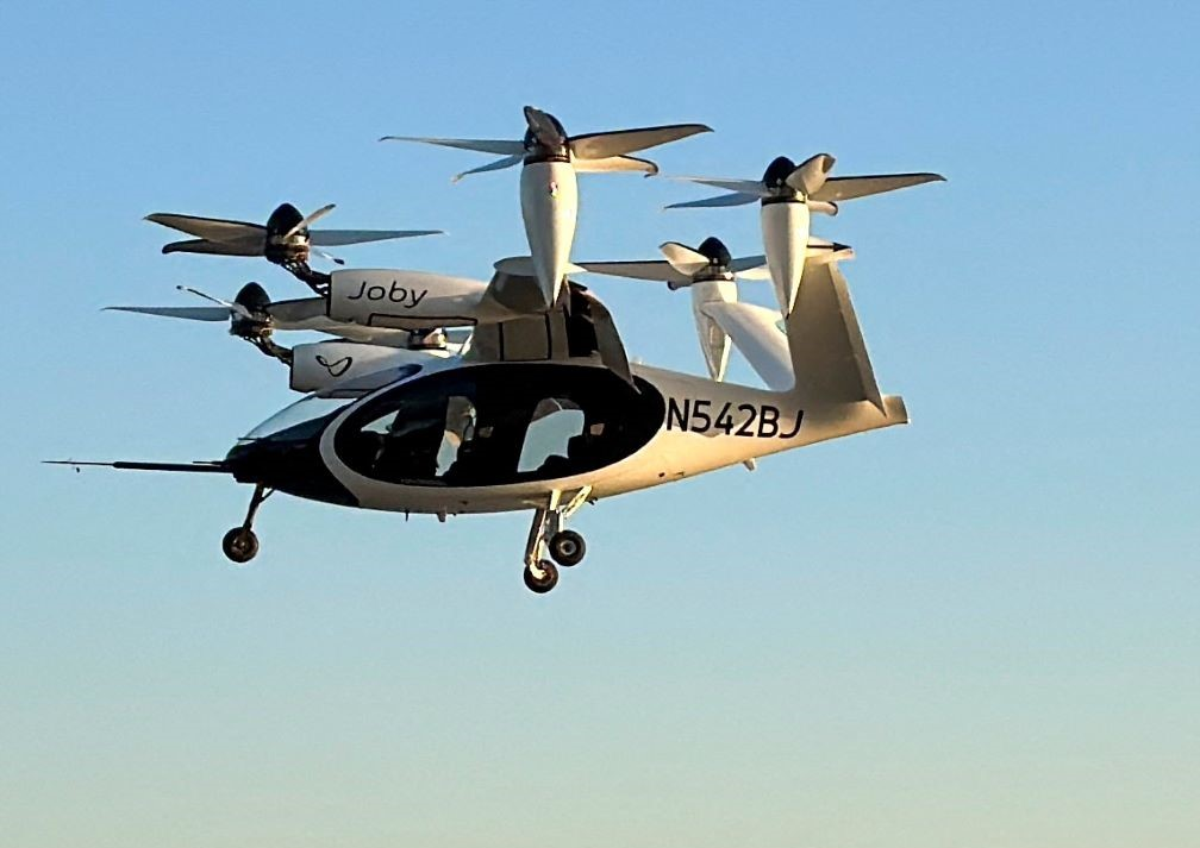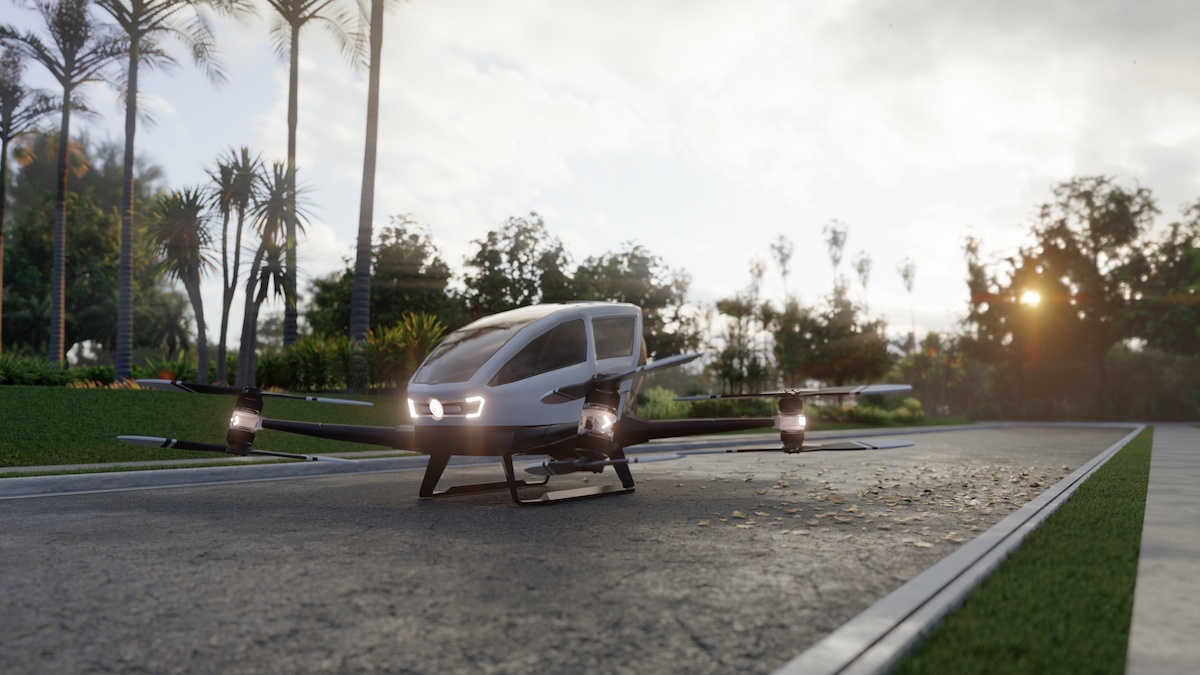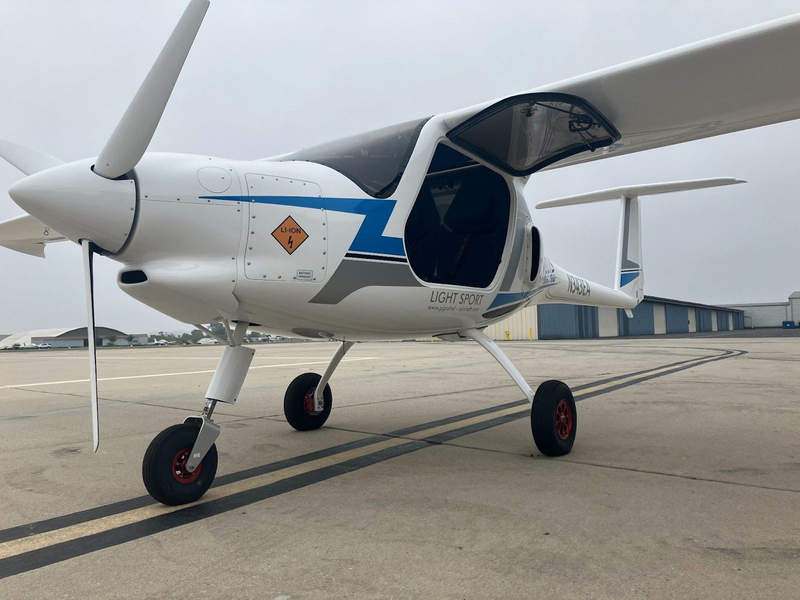
From The Jetsons to Back to the Future to The Fifth Element, flying cars have always been the stuff of science fiction, but they might be soaring through Florida’s skies sooner than you think. The state has become a hotbed for flying car companies who view it as an appealing location for their emerging industry.
We’re talking about eVTOLs, electric vertical takeoff and landing vehicles. The nascent beginnings of an air taxi industry using eVTOLs (pronounced EE-vee-tolls) are starting to take shape on the drawing boards of Florida startups, and Florida’s airports are factoring them into their long-term plans. Before too long, small electric aircraft could be whisking passengers between airports and local destinations, zipping above earthbound traffic.
Some eVTOL companies talk of getting off the ground as early as 2025, although the industry consensus seems to be that flying taxis for paying passengers are probably three or four years away, depending on who you ask. In any case, flights will begin once there’s a green light from the federal government, and the future market for eVTOLs in the U.S. could reach $17 billion a year by 2040, according to a Deloitte study of this evolving industry. Meanwhile, state and federal government regulators are starting to grapple with how all of this will actually work in the real world, and the eVTOL industry’s backers are well aware that they’re going to have to win the confidence of consumers on both safety and cost.
We’re talking about eVTOLs, electric vertical takeoff and landing vehicles. The nascent beginnings of an air taxi industry using eVTOLs (pronounced EE-vee-tolls) are starting to take shape on the drawing boards of Florida startups, and Florida’s airports are factoring them into their long-term plans. Before too long, small electric aircraft could be whisking passengers between airports and local destinations, zipping above earthbound traffic.
Some eVTOL companies talk of getting off the ground as early as 2025, although the industry consensus seems to be that flying taxis for paying passengers are probably three or four years away, depending on who you ask. In any case, flights will begin once there’s a green light from the federal government, and the future market for eVTOLs in the U.S. could reach $17 billion a year by 2040, according to a Deloitte study of this evolving industry. Meanwhile, state and federal government regulators are starting to grapple with how all of this will actually work in the real world, and the eVTOL industry’s backers are well aware that they’re going to have to win the confidence of consumers on both safety and cost.








.png?disable=upscale&width=1200&height=630&fit=crop)



